Therefore
Spic, Richie said in the cafeteria, and I don’t remember why. After, as we walked back to our fourth grade classroom, I pushed him down when he turned his back.

Spic, Richie said in the cafeteria, and I don’t remember why. After, as we walked back to our fourth grade classroom, I pushed him down when he turned his back.
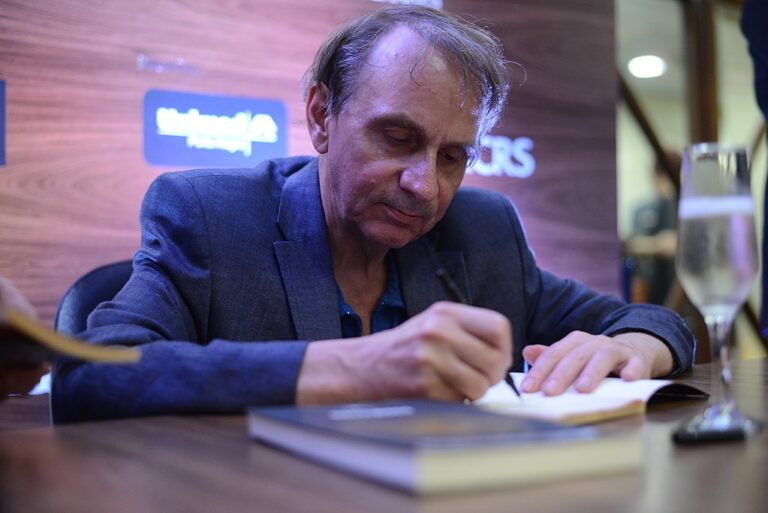
Michel Houellebecq has always been a provocative writer and in fact considers himself to be a real provocateur, someone who “says things he doesn’t think, just to shock,” and who leans into that shock when he has a sense that people will hate it.

What is the role of difficult poetry? What does it do that more accessible poetry cannot do? And might it not have a political import?
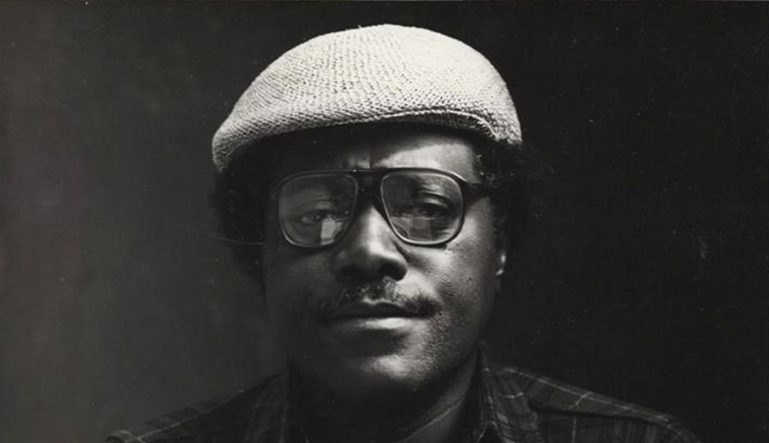
I first met Jim McPherson when he was twenty-five to my twenty-six. I’d read none of Jim’s work and had no idea that he’d published in the Atlantic, had studied with Alan Lebowitz, been mentored by Edward Weeks, and was finishing his first collection, Hue and Cry.
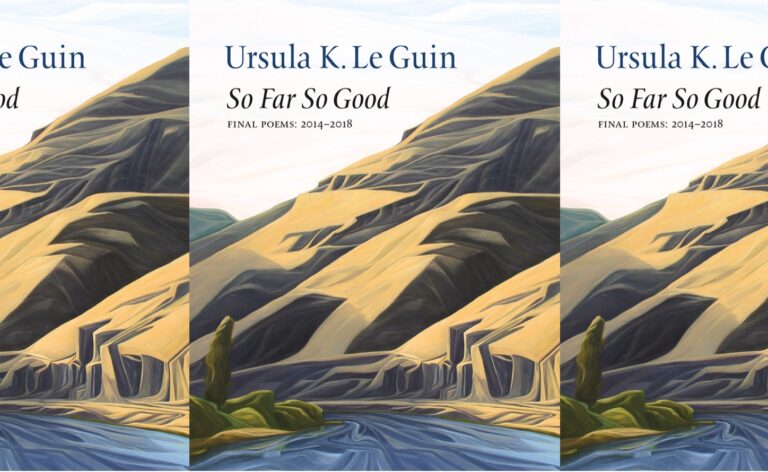
Readers who rest in these meditative poems are sure to find the voice of the beloved Le Guin just as intriguing as they did in her prose.
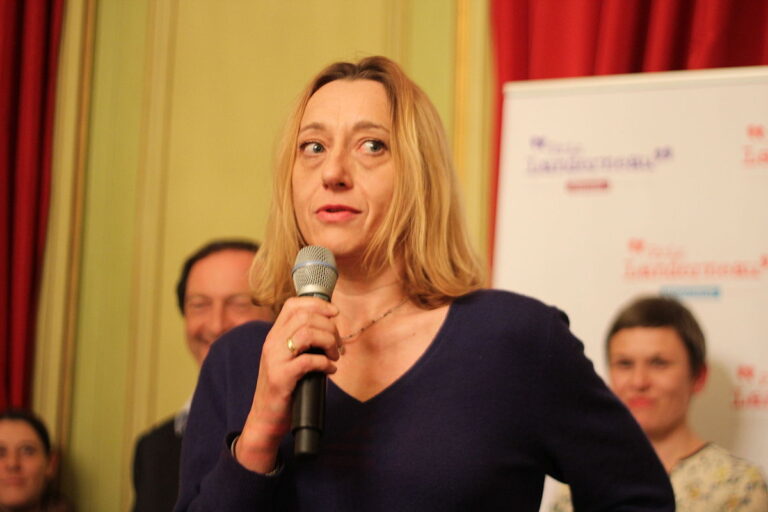
Despentes is blunt, upfront, and unapologetic about upending normative rules of decorum regarding what can be discussed and how it must be discussed.
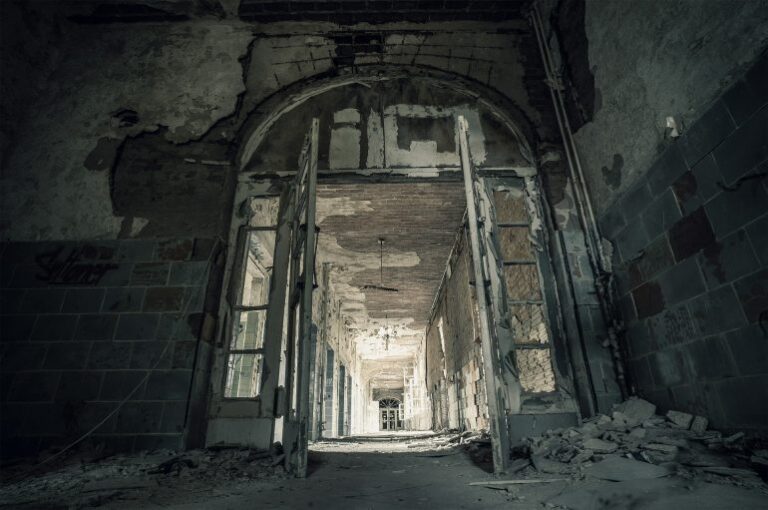
Ling Ma brings post-apocalyptic zombie fiction, the Asian-American immigrant narrative, and anti-capitalist office satire together in her debut novel in which capitalism is—literally—a disease.

In her essay “Place in Fiction,” originally delivered as a lecture at Duke in 1955, Eudora Welty almost immediately positions place as an antidote to broad generalizations about human experience.
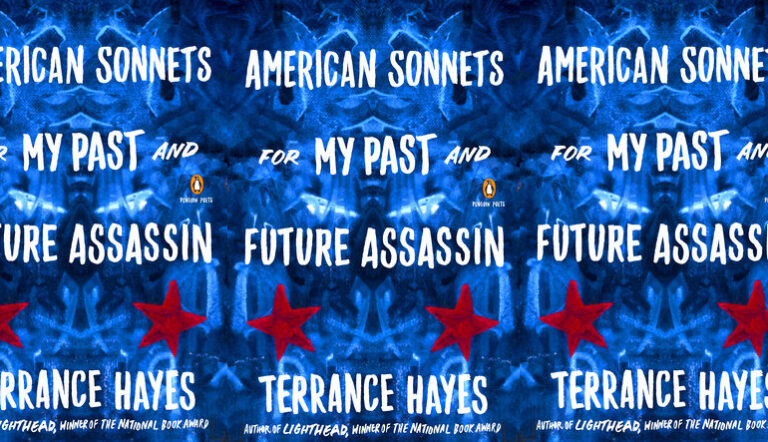
There’s no such thing as a singular “poetic tradition.” To suggest otherwise is horrendously erasive of the myriad poetic traditions, many of them oral, belonging to the world’s diverse cultures.
No products in the cart.